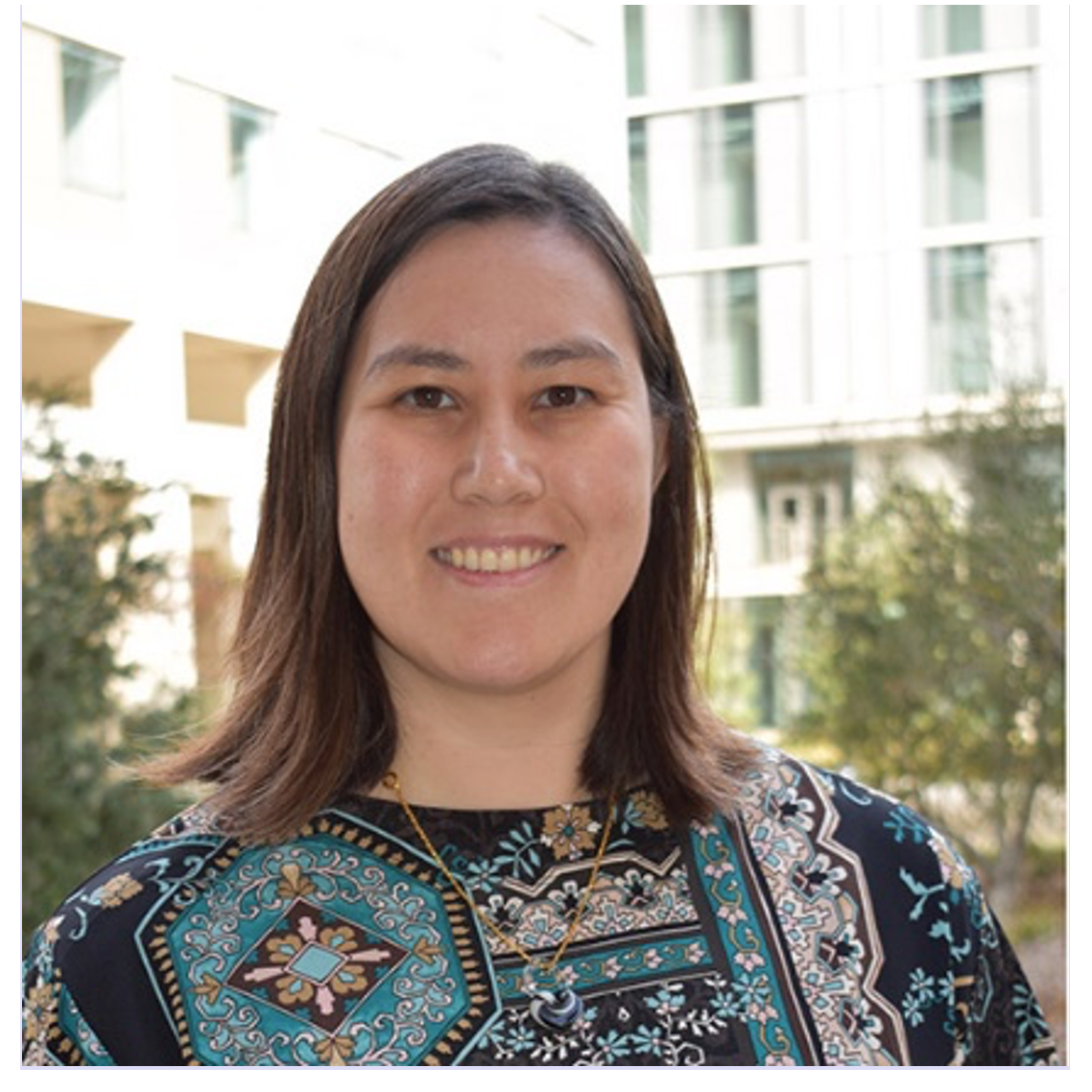
Professional Enrichment Day 2022
Tuesday, August 30, 2022 from 9:00AM to 3:00PM
Attend in-person at the Oakland campus or virtually via Zoom. You can also participate online as a group at the Sacramento or Peninsula campus; Robyn Heise and Andrew Castro will provide details to their respective campuses. Professional Enrichment Day is sponsored by the Office of Academic Affairs and the Office of People and Culture.
The Faculty Development Committee is pleased to offer continuing education units to nursing and occupational therapy attendees at this event. If you wish to receive CEUs for attendance at Professional Enrichment Day, please complete the “sign in” and “sign out” surveys for your respective profession. To receive CEUs, you will be required to complete the Feedback Survey at the end of the day. Your certificates will be emailed to you within 90 days after the event.
Approved by the California Board of Registered Nursing, Provider Number 11258, for 5.0 contact hours. Attendance at this event is free of charge.
Bechtel Room, Health Education Center
9:00 to 9:05
Opening Announcements
Cynthia Stacy, Faculty Development Committee Co-Chair
9:05 to 9:15
Welcome Address
President Ching-Hua Wang
9:15 to 9:20
Wellness Practice
BeWell SMU
9:20 to 9:25
Introduction of Keynote Speaker
Provost Fred Baldini
9:25 to 10:15
Keynote: Teaching as Brain-Changing
Dr. Melinda Owens, Assistant Teaching Professor, Department of Neurobiology, University of California San Diego
10:15 to 10:20
Overview of Breakout Sessions
10:20 to 10:35
Break
Breakout A: Supporting Our Students with Managing Stress
Anglyn Sasser
Breakout B: Cultivating an Inclusive Environment of Engagement and Belonging
Marcus Penn & Beth Ching
Breakout C: The Science of Simulation: Strategies, Tools and Habits to Maximize Learning Outcomes
Simulation Educators from the Health Sciences Simulation Center
Breakout D: Concept Mapping: Visualizing Connections for Student Success
Mark Beck, Liz Winer, and Christine Broz
11:50 to 1:00
Lunch Break
Same topics, locations, and Zoom links as above
2:15 to 2:30
Break
Teaching as Brain Changing: Teaching Strategies Aligned with the Neuroscience of Learning
What goes on in our student's brains when they learn? Neuroscientists have found that learning causes physical changes in our brains. Separately, cognitive psychologist and educators have discovered teaching strategies that are more effective than traditional lecture at engaging and teaching diverse students. In this talk, we will introduce of some these effective, inclusive teaching strategies and draw connections between them and the neuroscientific principles behind learning.
Learning outcomes:
About the keynote speaker

Melinda T. Owens, Ph.D. is neuroscientist, educator, and biology education researcher. She received a PhD. in Neuroscience from the University of California San Francisco studying the development and plasticity of the visual system in the brain. There, she also discovered a passion for teaching and the research behind effective teaching strategies. Afterwards, she taught in the pre-health post-baccalaureate program at California State University East Bay and the freshman Thinking Matters program at Stanford before doing a postdoctoral fellowship in Biology Education Research at San Francisco State University with Dr. Kimberly Tanner. Currently, she is an Assistant Teaching Professor in the Department of Neurobiology at University of California San Diego. Her research focuses on faculty development, student ideas about biological topics, and inclusive teaching.
Resource for the keynote session
Breakout Sessions
For workshop descriptions and resources, see the expandables below.
This workshop will focus on exploring current stressors for SMU students. We will identify interventions that faculty and staff can use to help support our students’ efforts to better manage their stressors. We will also discuss potential barriers to students seeking support from faculty and staff.
Learning outcomes:
Facilitator:
Anglyn Sasser
Staff Clinical Psychologist, Student Health and Counseling Center
Prior to attending this session, please register for TAO, browse the topics, and think about which ones may be helpful for your students.
Resources:
Supporting SMU Students
Cognitive Distortions
Helping Distressed Students Brochure - Faculty Fall 2022
Join us in this workshop to learn how to cultivate an inclusive, engaging environment of belonging. The learner will have opportunities to participate in evidence-based engagement strategies and develop communication skills with a restorative practice lens. Participants will come away knowing how to contribute to optimal working and learning environments.
Learning outcomes:
Facilitators:
Marcus "Adéshima" Lorenzo Penn
Faculty Diversity Coordinator
Restorative Practice Facilitator & Coach
Beth Ching
Associate Professor
Department of Occupational Therapy
Resources:
Join the HSSC Sim Educators in a workshop focused on the science of learning and why simulation-based learning is designed to create safe spaces for learning. Workshop will include discussions around do-overs and retakes, habits of the heart, real-time simulation huddles, debriefing for learning, and emerging strategies of simulation-based learning.
Learning outcomes:
Facilitators:
Amin Azaam
Simulation Educator focusing on faculty development and IPE
Ajitha Nair
Simulation Educator for Physical Therapy
Kevin Reilly
Simulation Educator for Occupational Therapy, Physician Assistant, RN to BSN, and graduate nursing
Lina Gage-Kelly
Simulation Educator for pre-licensure nursing on the Oakland Campus
Christina Rey
Simulation Educator for pre-licensure nursing on the Peninsula Campus
Caleb Jacobs
Simulation Educator for pre-licensure nursing on the Sacramento Campus
Resource:
Simulcast Self Development Modules
Neuroscience research indicates that concept mapping is an effective active learning strategy. Learn how to utilize concept mapping in your classroom to foster critical thinking, clinical reasoning, and a growth mindset for your students. This workshop will provide practical takeaways and a toolkit to get started.
Learning outcomes:
Facilitators:
Mark Beck
Assistant Professor and Director, RN to BSN Program, College of Nursing
Liz Winer
Senior Instructional Designer, Academic & Instructional Innovation
Christine Broz
Senior Instructional Designer, Academic & Instructional Innovation
Resource:
About Concept Mapping